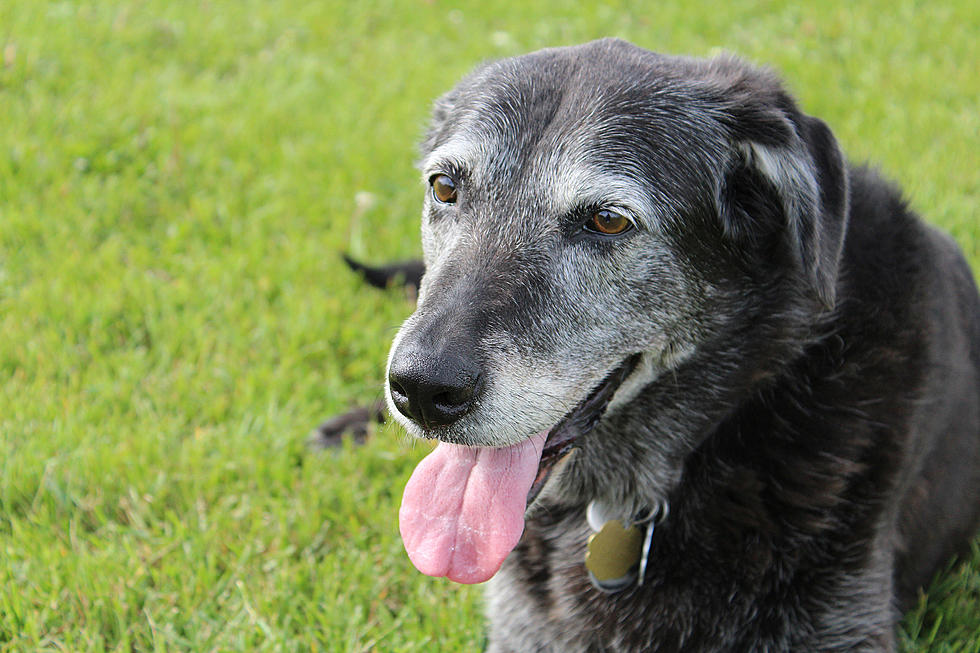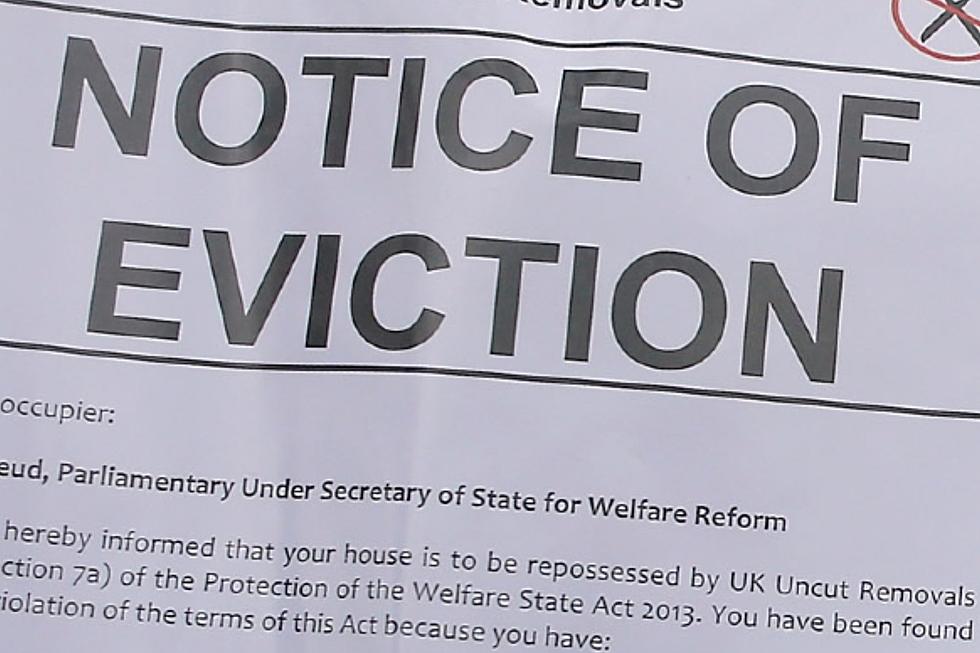
NJ Bill Would Strengthen Laws for Large Dog Breeds
Two New Jersey lawmakers are pushing for stronger fence and leash laws for large dog breeds in an effort to curb attacks on humans.
Assembly members Pam Lampitt (D-Voorhees) and Benjie Wimberly (D-Paterson) introduced the "Responsible Dog Ownership Act" on May 11. The legislation would require the New Jersey Department of Health to establish new leashing and fencing requirements. The bill also creates penalties for violations and crimes of endangerment under the Endangering Welfare of Children Act for those who violate the stricter statutes.
"We just want responsible ownership so that not only is there proper fencing, but that there's proper leashing and that the dogs, for their own necessity, are also protected," Wimberly said, adding that part of responsible pet ownership is to maintain control over that animal.
The legislation calls for fences to be at least 8 feet tall.
The lawmakers said the measure is in response to two separate dog attacks that took place in 2014. Kenneth Santillan, a 13-year-old Paterson resident, died after being attacked while playing in his neighborhood by a Bullmastiff. In another incident, two 12-year-old boys sustained injuries after being bitten repeatedly by a pit bull.
"To lose a child or anyone as a result of an unrestrained, unsupervised animal is unconscionable and must be prevented in every way we can in the future. A 'beware of the dog' sign will simply not cut it any longer," Wimberly said in an emailed press release. "Abiding by leash and fencing laws protects not only your pet but the public, especially any children or vulnerable residents in your neighborhood."
The health department would be responsible for determining the definition of a large breed dog.
According to Wimberly, the bill does not include small breed dogs, and stressed that the legislation is not discriminating against large breed dogs.
"I don't think a smaller dog would be able to kill anyone and that came at the advice and sitting down with our local animal control officer," Wimberly said.
Under the legislation, the state Department of Health would consult with experts in the field and establish:
- The size of dog that would constitute a large dog necessitating fencing;
- The appropriate height and dimensions of an enclosed fenced area;
- Standards for leashing, restraining, otherwise restricting the free movement of a dog when it is off the property of its owner.
"Although most animals involved in these types of incidents have had a history of being improperly cared for, abused, or neglected, this legislation is not concerned with how a dog is treated in the home or whether it has ever attacked anyone before," Lampitt said in an emailed press release.
More than 700 U.S. cities have adopted breed-specific laws since the mid 1980s, according to DogsBite.org. In 2014, loose dogs caused 40 percent of all fatal attacks in the U.S. which was a sharp rise from the 2005 to 2014 rate of 24 percent.
More From WPG Talk Radio 95.5 FM










